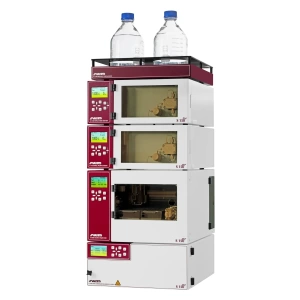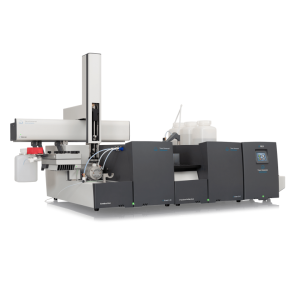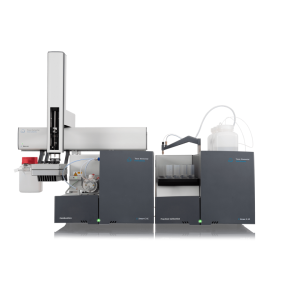What is Ion Chromatography?
Ion chromatography is used for water chemistry analysis. Ion chromatographs are able to measure concentrations of major anions, such as fluoride, chloride, nitrate, nitrite, and sulfate, as well as major cations such as lithium, sodium, ammonium, potassium, calcium, and magnesium in the parts-per-billion (ppb) range. Concentrations of organic acids can also be measured through ion chromatography.
How Does Ion Chromatography Work?
Ion chromatography, a form of liquid chromatography, measures concentrations of ionic species by separating them based on their interaction with a resin. Ionic species separate differently depending on species type and size. Sample solutions pass through a pressurized chromatographic column where ions are absorbed by column constituents. As an ion extraction liquid, known as eluent, runs through the column, the absorbed ions begin separating from the column. The retention time of different species determines the ionic concentrations in the sample.
Applications
Some typical applications of ion chromatography include:
- Drinking water analysis for pollution and other constituents
- Determination of water chemistries in aquatic ecosystems
- Determination of sugar and salt content in foods
- Isolation of select proteins
Ion Chromatography
Ion Chromatography



